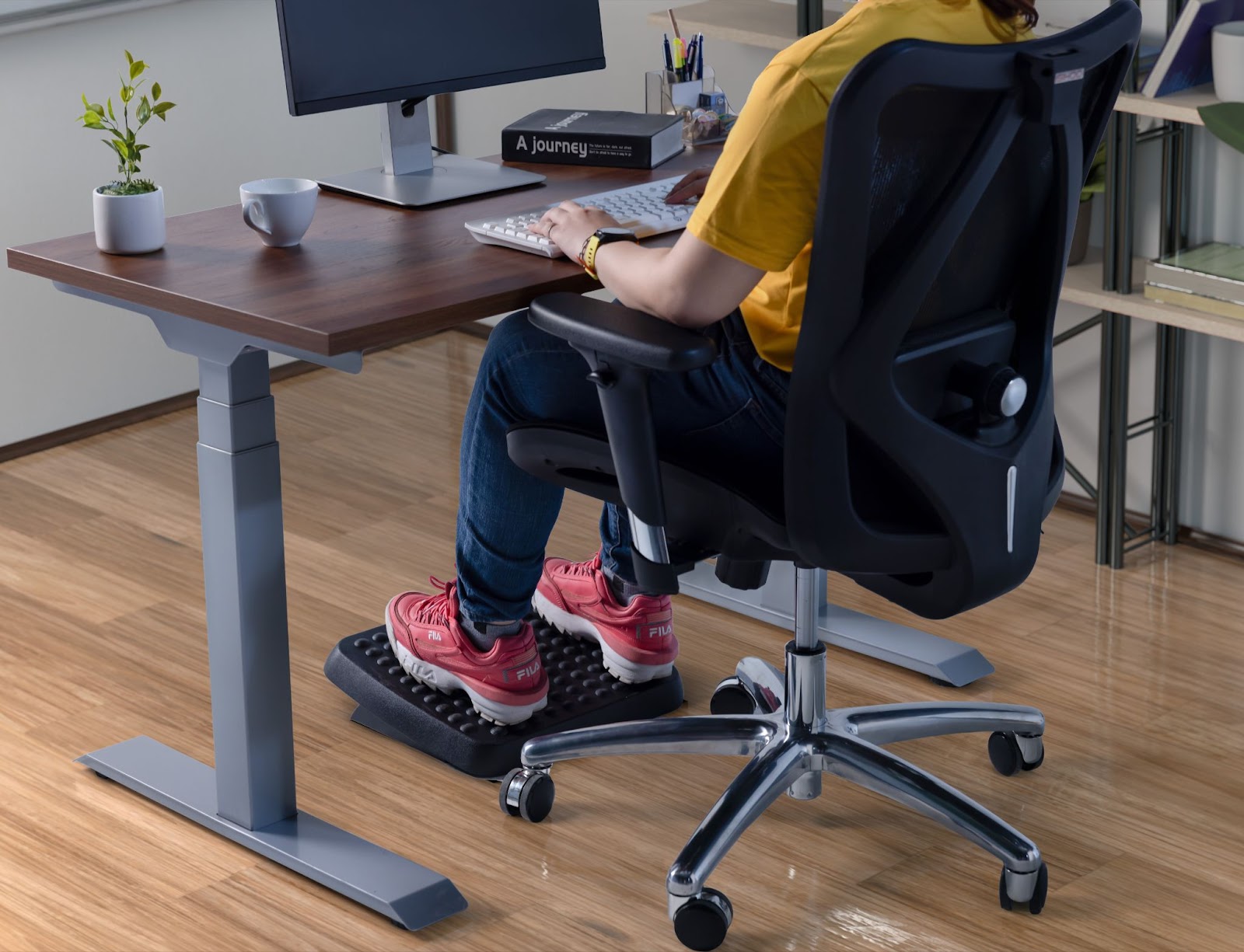In many countries that are not close to the equator, the days become longer and darker in winter. With winter officially starting on December 21 in the northern countries and in June for the southern countries, it can feel like you’ve been living in the dark for a few months. As the days grow shorter and sunlight exposure becomes scarcer, seasonal affective disorder (SAD) becomes more common. SAD is a form of depression that can occur when the season changes, especially from late summer to early fall or winter. Most people feel hopeless or worthless, losing interest in activities they’ve enjoyed before, experiencing a change in appetite, or having sleeping problems.
What causes SAD?
The exact cause of SAD is not fully understood. The main theory is that the lack or alteration of sunlight can change the hormones in the body. Especially the production of melatonin; melatonin is a hormone that makes you feel sleepy. In people with SAD, the body may produce it at higher than normal levels. Besides, it affects the levels of serotonin; serotonin is a hormone that affects your mood, appetite and sleeps. A lack of sunlight may lead to lower serotonin levels, which is linked to feelings of depression. Your body uses the sunlight to wake up in the morning or to get tired at night, the light levels in winter can disrupt your biological clock and cause sleeping problems.
Beating the Winter Blues!
A range of treatments is available for people experiencing SAD during the winter blues. Remember that sometimes it’s okay to get under the covers and stay there until the sun comes out. We all need a day of relaxation and we all have days when we don’t feel well. But we would like to help you when the short, dark days are getting you down? Here are some tips to beat the winter blues:
1) Shining a light when you are SAD
Every opportunity you have for daylight, such as placing exercise equipment or your work area near a window take it! Lamps that simulate natural light can also help where you can sit in front.
2) Exercise and eat healthy
Walk to work, swim indoors, hit the gym, or bike to work. Exercise can work just as well as antidepressants (medicines to control moods) in combating mild symptoms. To help you get off the couch and get into exercise, whole grains can boost your energy and are vital year-round. Also, fruits and vegetables such as broccoli, kale and carrots contain nutrients that promote a better mood.
3) Check your vitamin D levels
Sunlight is a source of vitamin D which helps you to sharper thinking and feeling better. During the winter, it’s more important to keep your vitamin D levels high because you are at greater risk of getting sick and tend to spend less time outdoors. Vitamin D status drops during the winter, with levels peaking in September and at their lowest in March. So for some people at least part of the year, it may be important to rely on dietary sources of vitamin D or supplements.
How can Fit for Work help?
To learn more about setting up or managing an ergonomics programme that supports staff working from home or in the office or support with staying legally compliant, you can reach out to Fit for Work. For more information on our Ergonomics Self-Assessment and Education Tool, contact us.



